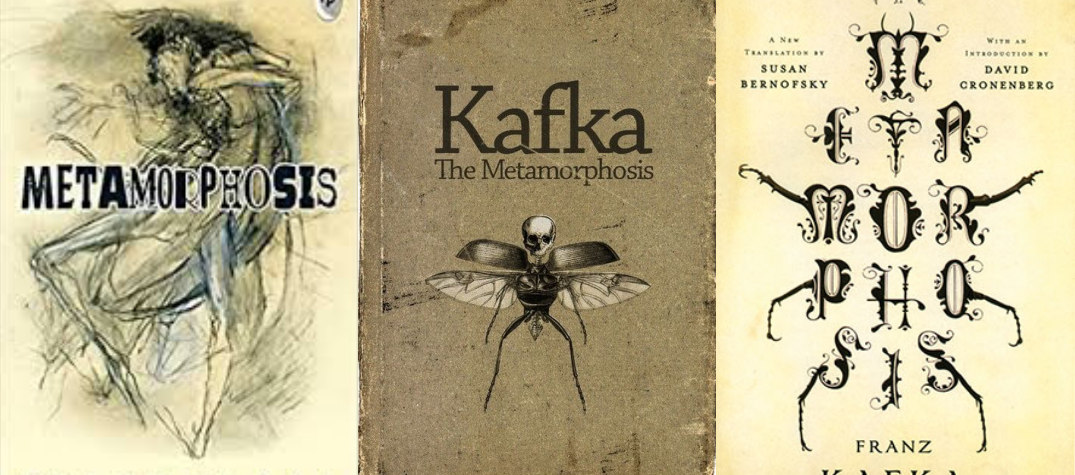“One morning, when Gregor Samsa woke from troubled dreams, he found himself transformed in his bed into a horrible vermin.”
Franz Kafka’s Metamorphosis opens with this absurdist line which eerily resonates with the times we have come to live in – filled with utter confusion, anxiety and a profound sense of meaninglessness. Over the last few months, we have consistently woken up to the news of death and devastation caused by a deadly, contagious virus which has managed to wreak havoc across the length and breadth of the globe.
Life, in all the ways we have known it, has come to what seems like an interminable standstill. Employment, education, trade, commerce and economic activities of various kinds have not had to face this magnitude of uncertainty at any point in the recent past. Our everyday lives are irrefutably intertwined with thoughts of potential sickness, misery and death.
There seems to be no way to fully comprehend what is happening around us, for every living moment is filled with fear, dread and unpredictability. The anchors we had relied on so far are unable to give us any definitive answers. Science, religion and even history is able to only suggest possibilities based on available evidence. There are no conclusive answers, but the questions are innumerable.
What is happening? Why is it happening? How did it all begin? Is there a way forward? If there is, what is that going to be like?
We have no idea because a lot of us, across generations, have never had to face anything of this sort. We have never had to navigate our way through a world filled this abundantly with danger, disease and incoherence. The situation we find ourselves in reminded me of Gregor Samsa, the travelling salesman who wakes up one morning to find that he has transformed into a grotesque, monstrous, insect-like creature in Kafka’s Metamorphosis. An action as ordinary and unremarkable as waking up turns Samsa’s life upside-down.
Samsa never finds out how and why he metamorphosed into a “horrible vermin”. Kafka also provides no explanation through the course of the novella. We as readers are only made to sense the absurd nature of Samsa’s life post the metamorphosis, and partake vicariously in the acutely unpleasant turns it takes. We are given no clarification or justification with regard to the nature of Samsa’s condition.
It just is what it is.
Also read: Coronavirus: Why Sisyphus Comes to Mind As I Struggle Everyday
In A Glossary of Literary Terms, M.H. Abrams and Geoffrey Harpham state that literature of the absurd,
“…reveals the meaninglessness of existence and the underlying abyss or void or nothingness on which any supposed security is conceived to be precariously suspended.”
If not life as a whole, the version of life that the coronavirus disease has introduced us to seems to be seeped in meaninglessness. We are at a stage where performing the most regular of life activities can put us and thousands of people around us in immediate danger. Who would have thought that there would come a time where venturing out without protective gear like masks and gloves would be an anomaly? It does not make much sense if one were to really think about it.
How did we get here? However, it is our reality, much like Samsa’s. It is grossly absurd but also real.
This is not to say that there is no scope for hope, because who says that hope is where certainty is? We may not know exactly what to expect next. We cannot be sure of where we will reach over the next few months. But, as Albert Camus once said,
“…Accepting the absurdity of everything around us is one step, a necessary experience: it should not become a dead end…”
Maybe we should not be looking for meaning at all. Maybe we should acknowledge the state of meaninglessness and absurdity around us, and make peace with it. Maybe that, is the only way forward.
Monica Rajgopal is a student of literature from Bangalore.

